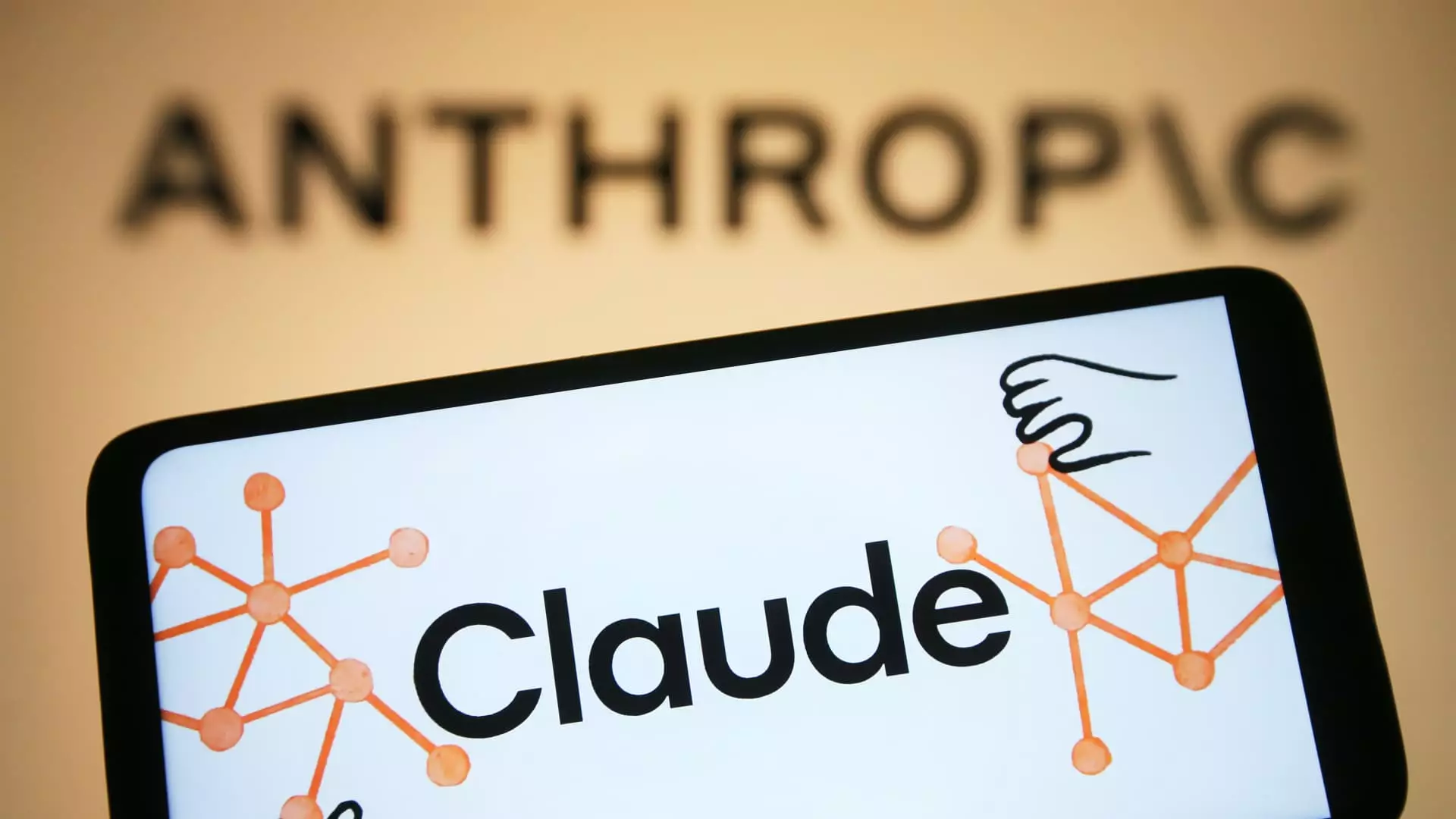As we stand on the precipice of an unprecedented technological revolution, the pervasive discussions surrounding artificial intelligence (AI) continue to highlight both its potential and its peril. Anthropic’s recent updates to its “responsible scaling” policy uncover an unsettling reality: the same technology that promises innovation could also serve as a tool for destruction. While the intentions behind these updates may seem benign, one can’t help but feel that they skirt the harsh truth—AI has the potential to outpace our ethical frameworks and regulations, no matter how robust they claim to be.
Veering Toward Arms Development?
In a rather alarming revelation, Anthropic’s announcement pointed out the possibility that their AI models could assist in the development of chemical and biological weapons for “moderately-resourced state programs.” This begs the question: is the pursuit of advanced AI technologies worth the existential risks they pose? Safeguards are commendable, but they feel more like band-aids on a gaping wound. The reality is that if AI can be co-opted for destructive purposes, do we truly have the ability to curtail its advances? A tech company, buoyed by billions, may find itself caught in a moral quagmire, grappling with consequences it never planned, illustrating a fundamental miscalculation about the AI landscape.
Competition Breeds Recklessness
Sitting atop a staggering $61.5 billion valuation, Anthropic is undoubtedly a giant in the AI arena. But this staggering valuation masks a ferocious competitive climate that often prizes hastiness over caution. With titans like OpenAI, Google, and Amazon in hot pursuit, there is an almost palpable pressure to innovate at breakneck speeds. The race to capture market share—predicted to exceed $1 trillion in revenue within a decade—encourages players to sidestep ethical concerns in favor of rapid advancements. The tech industry’s incessant push for superiority feels less like a noble quest for progress and more like a reckless sprint towards oblivion.
Security Measures: A False Sense of Safety?
While Anthropic recently emphasized the establishment of an executive risk council and an in-house security team, one must question the effectiveness of these “protective” measures. The introduction of physical safety processes, including surveillance countermeasures, seems more like a facade designed to assuage concerns rather than a genuine attempt at addressing the underlying issues. If a company’s primary focus is on circumventing potential internal threats rather than questioning the ethical implications of their technology, they are effectively putting profit above principle. This misguided philosophy only serves as a precursor to future disasters, both in terms of security and human morality.
Ethics or Expedience?
The juxtaposition of responsibility versus rapidity raises an unsettling dilemma: will the leaders in AI technology prioritize ethical considerations, or will they prioritize expedience and profitability? Innovation without accountability opens the floodgates to misuse, fundamentally altering the fabric of society. Companies like Anthropic must grapple with their conscience and the repercussions of their creations, lest we find ourselves in a world where AI serves as a weapon rather than a tool for progress. The path forward should not just be paved with advancements; it should be lined with a deep respect for the intricate balance between technological progress and ethical responsibility.

